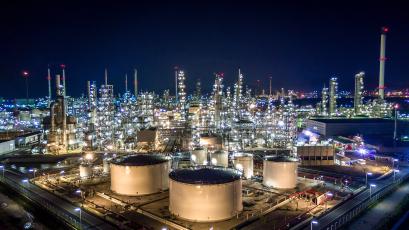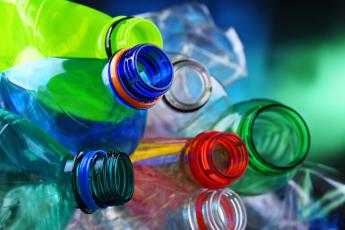WASHINGTON, D.C. – Rob Benedict, American Fuel & Petrochemical Manufacturers (AFPM) Vice President of Petrochemicals & Midstream, today released the following statement on the recently reintroduced Break Free from Plastic Pollution Act:
“The U.S. petrochemical industry is committed to addressing mismanaged plastic waste through policies and efforts that tackle issues across the entire plastics value chain. The reintroduced Break Free from Plastic Pollution Act, like its predecessor bill, is ill-conceived, poorly designed and replete with proposals that run contrary to the purported purpose of improving the global environment and reducing plastic pollution.
“The Break Free from Plastic Pollution Act would impose restrictions on recycling, manufacturing and permitting petrochemical facilities. It would also ban exports of American-made petrochemicals and polymers, stifling innovation, erasing considerable progress in scaling recycling technologies and slowing the transition to a circular economy. This legislation would not curtail global demand, it would simply force production overseas and negatively impact global supply chains.
“Meaningfully and constructively addressing the challenge of mismanaged plastic waste requires a collaborative approach and efforts to foster, not hinder, a circular economy for plastics. AFPM supports comprehensive, data-driven solutions aimed at improvements across the plastics value chain, that foster innovation in waste management and recycling, and recognize the tremendous value and benefit of plastics and their essential role in meeting our nation’s sustainability goals.”
The American Fuel & Petrochemical Manufacturers (AFPM) is the leading trade association representing the makers of the fuels that keep us moving, the petrochemicals that are the essential building blocks for modern life, and the midstream companies that get our feedstocks and products where they need to go. We make the products that make life better, safer and more sustainable — we make progress.


